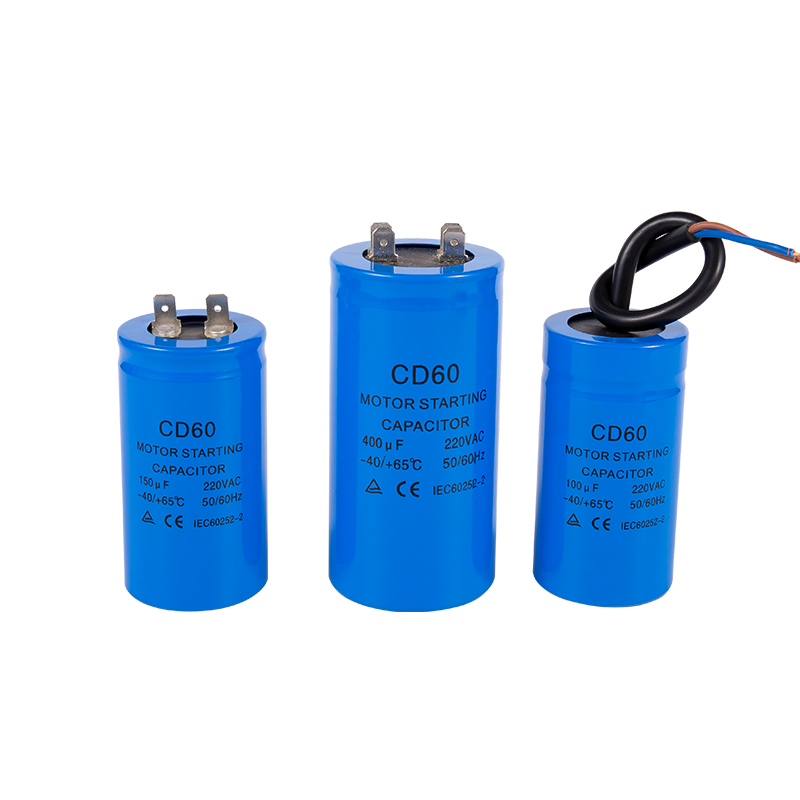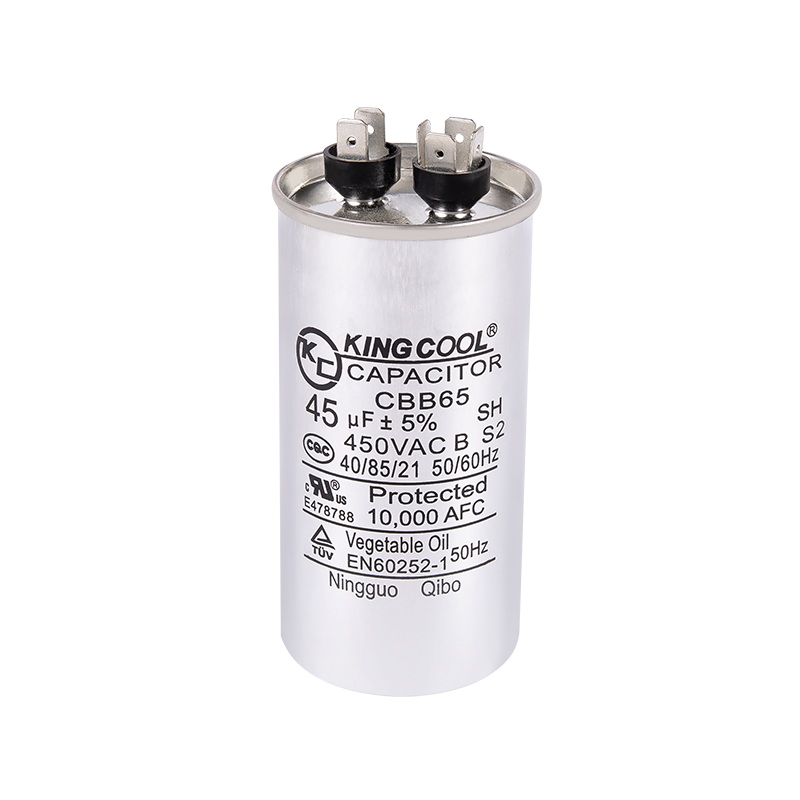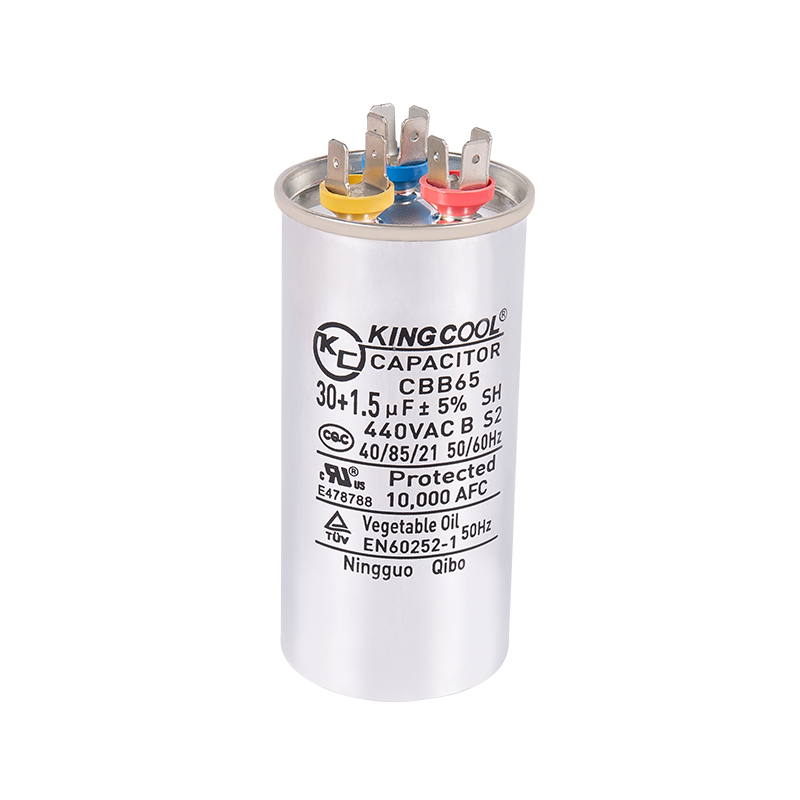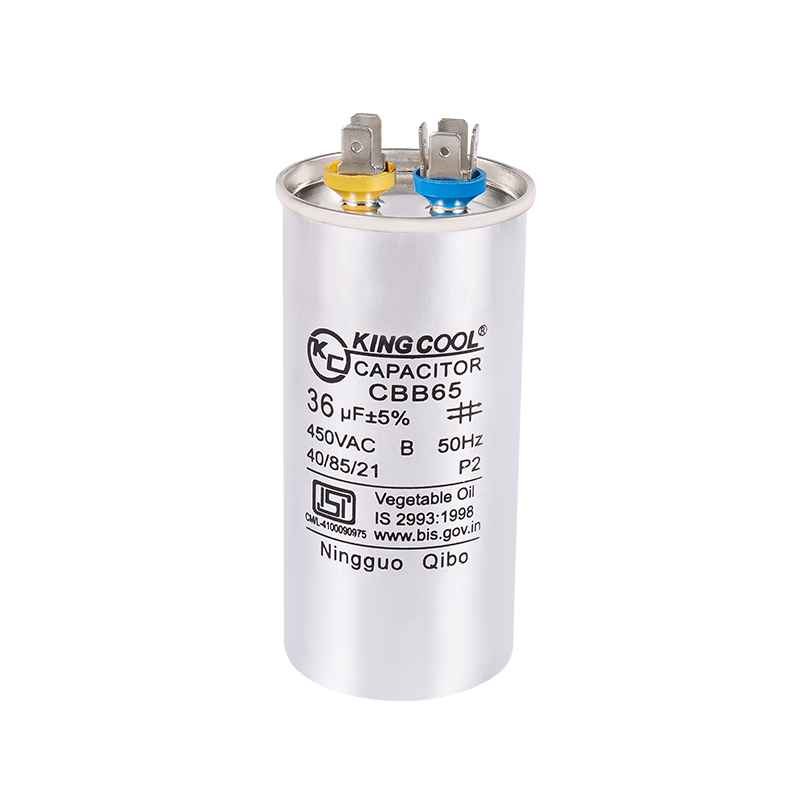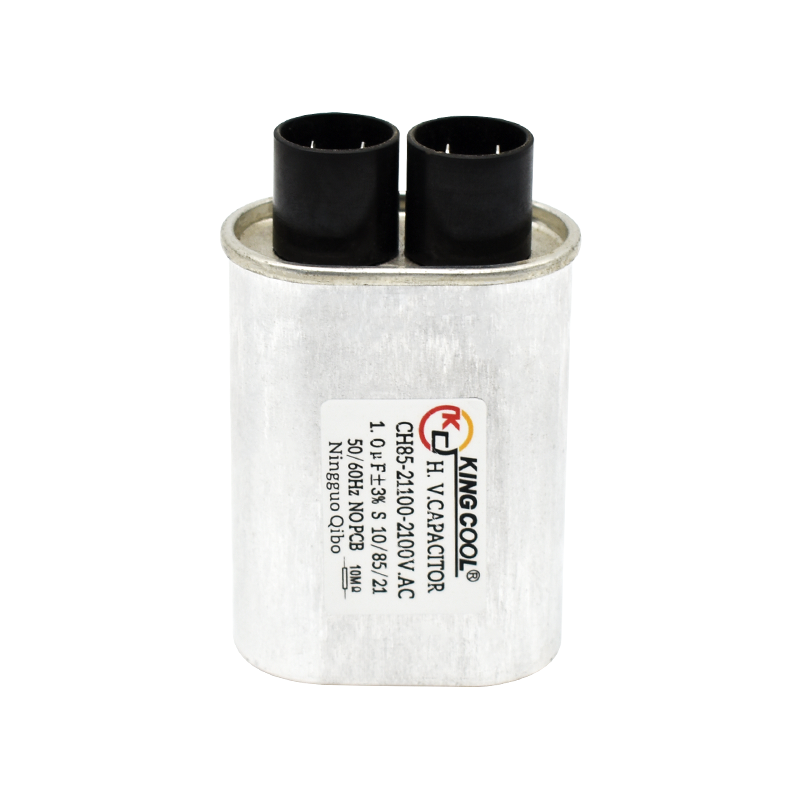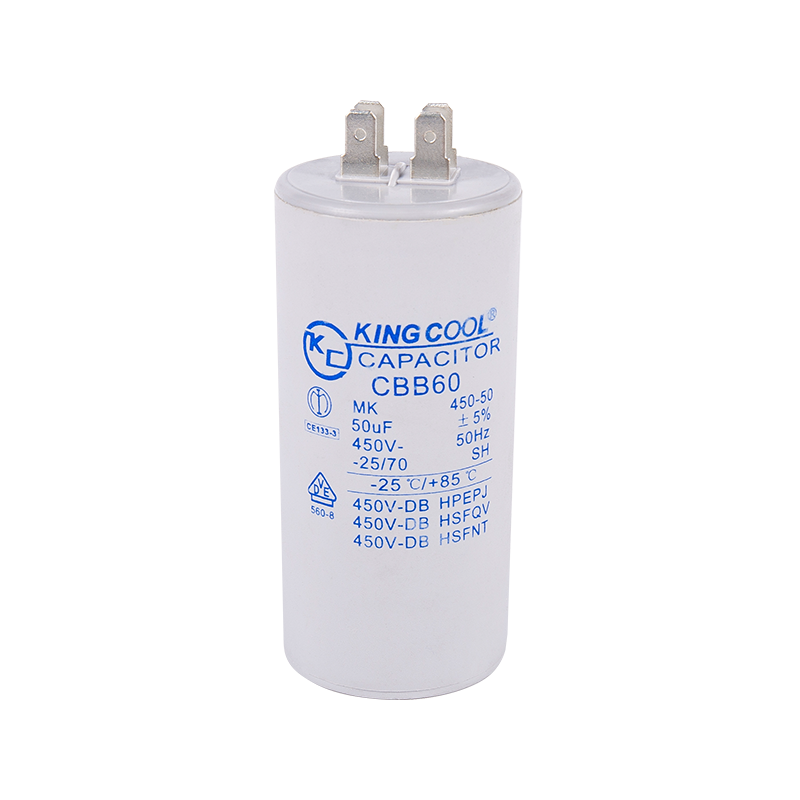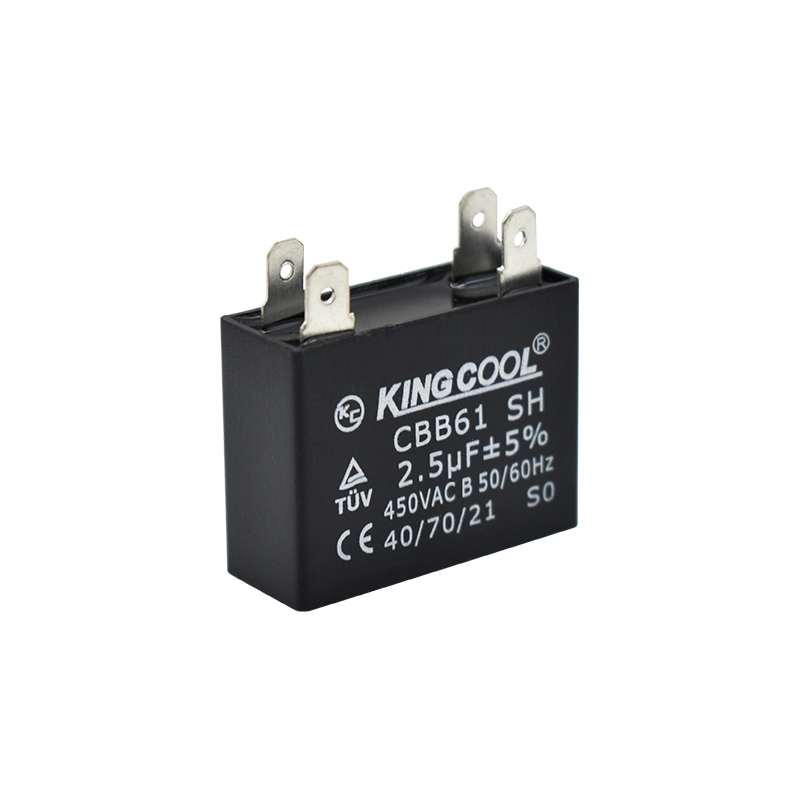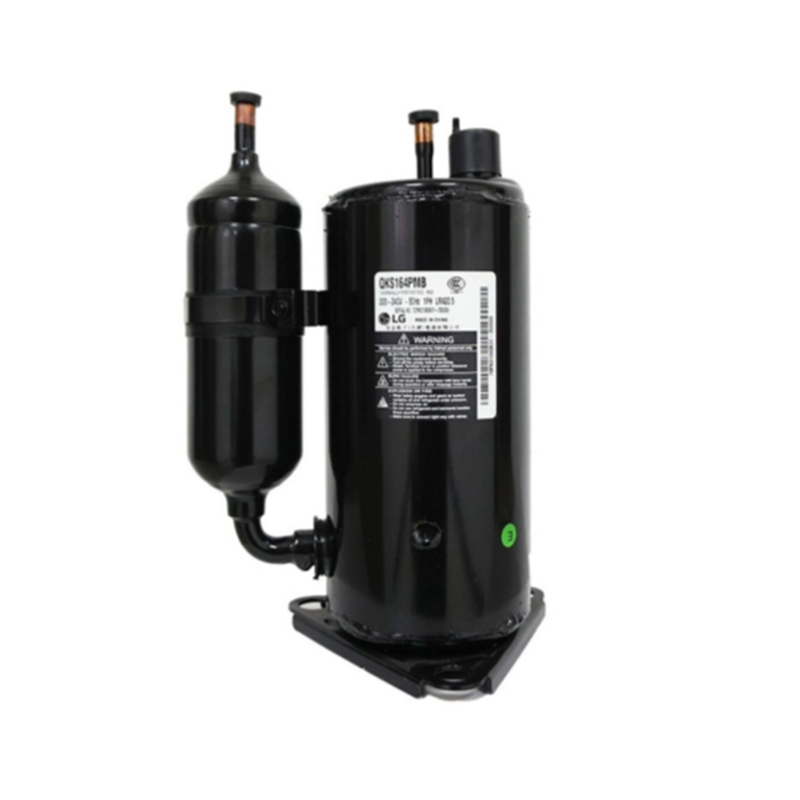- Home
- About Us
- Product
- Capacitor
- Air-Conditioner Parts
- Compressor
- Universal A/C Control System & Remote
- Temperature Controller
- Contactor & Transformer
- Relay & Overload & Delay Timer
- Indoor And Outdoor Air Conditioning Motor
- Defrost Timer
- Thermostat Guard
- Select Switch
- Fan Blade
- Air Conditioner Bracket
- A/C Flow Deflector & A/C Service Bag
- High Pressure Washer
- Charging Valve & Capillary & Wave Tube
- All A/C Brands Sensor
- Insulation tuber
- Refrigerator Parts
- Refrigeration Parts
- Axial Fan
- Microcomputer Temperature Control
- Voltage Protector
- Vacuum Pump & Refrigerant Recovery Unit & Scale
- Brass & Copper Fitting
- Installation Material
- PVC Air Curtain
- Condensate Drain Pump
- Refrigerant
- Copper Tube
- Filter Drier & Oil Separator For Refrigeration System
- Vibration Absorber
- Control Valve & Fitting & Component
- Manifold Gauge
- Thermometer
- Air Curtain
- Condenser Unit
- Condensing Unit
- AC Cooling Fan
- Refrigerant Leak Detector
- Latch & Hinge
- Washing Machine Parts
- Home Appliances Parts
- Instruments&Tools
- Resources
- News
- Contact Us
Web Menu
- Home
- About Us
- Product
- Capacitor
- Air-Conditioner Parts
- Compressor
- Universal A/C Control System & Remote
- Temperature Controller
- Contactor & Transformer
- Relay & Overload & Delay Timer
- Indoor And Outdoor Air Conditioning Motor
- Defrost Timer
- Thermostat Guard
- Select Switch
- Fan Blade
- Air Conditioner Bracket
- A/C Flow Deflector & A/C Service Bag
- High Pressure Washer
- Charging Valve & Capillary & Wave Tube
- All A/C Brands Sensor
- Insulation tuber
- Refrigerator Parts
- Refrigeration Parts
- Axial Fan
- Microcomputer Temperature Control
- Voltage Protector
- Vacuum Pump & Refrigerant Recovery Unit & Scale
- Brass & Copper Fitting
- Installation Material
- PVC Air Curtain
- Condensate Drain Pump
- Refrigerant
- Copper Tube
- Filter Drier & Oil Separator For Refrigeration System
- Vibration Absorber
- Control Valve & Fitting & Component
- Manifold Gauge
- Thermometer
- Air Curtain
- Condenser Unit
- Condensing Unit
- AC Cooling Fan
- Refrigerant Leak Detector
- Latch & Hinge
- Washing Machine Parts
- Home Appliances Parts
- Instruments&Tools
- Resources
- News
- Contact Us
Product Search
Exit Menu

AC Capacitor Types: Choosing the Right One for Your HVAC System
Posted by Admin | 11 Sep
Understanding the Role of an AC Capacitor in HVAC Systems
An AC capacitor plays a crucial role in HVAC systems by storing electrical energy and ensuring that your air conditioning unit runs smoothly. Capacitors help the compressor and fan motors start and maintain their operations, providing efficiency and performance. Choosing the correct capacitor can improve your system's longevity and efficiency. This section will explain the purpose and function of the AC capacitor, offering insights into its importance for HVAC units.
Types of AC Capacitors
There are different types of capacitors, each suited for specific tasks in HVAC systems. The primary types include:
- Start Capacitors: Used to help the motor start running.
- Run Capacitors: Ensure the motor runs efficiently throughout the cooling cycle.
- Dual Run Capacitors: Combine both start and run capacitor functions into one unit for smaller systems.
How to Choose the Right AC Capacitor for Your HVAC System
Selecting the right capacitor involves considering several factors, including the capacitor's voltage, microfarad (µF) rating, and the specific requirements of your HVAC system. Here's a deeper look into the key considerations:
Consider the Microfarad Rating
The microfarad rating indicates the amount of capacitance needed for your motor to function properly. It's crucial to match the microfarad rating of the capacitor to your HVAC system to ensure optimal performance.
- Too low of a rating: Will result in insufficient energy for your system's motor, causing poor performance.
- Too high of a rating: Can overload the motor, potentially causing damage or failure.
Voltage Rating
The voltage rating of a capacitor needs to match the voltage of your HVAC system. If the voltage is too high, the capacitor may fail prematurely, and if it's too low, it may not function at all. Choosing a capacitor with the correct voltage ensures the capacitor will endure throughout the life of your system.
Consider HVAC System Specifications
HVAC systems vary in terms of their compressor size, power consumption, and motor type, and all these factors influence the type of capacitor you'll need. Make sure to reference the manufacturer's specifications or consult with an HVAC technician to choose the right capacitor for your system's requirements.
FAQ
What is the difference between a start and a run capacitor?
Start capacitors: Provide a boost to the motor during startup, helping it get up to speed. Once the motor reaches its running speed, the run capacitor: takes over to maintain continuous operation, providing energy efficiency during the run cycle.
How can I tell if my AC capacitor is bad?
Common signs of a failing capacitor include poor cooling performance, the air conditioner not starting, or making strange noises. A multimeter test can help diagnose the issue by measuring the capacitance of the capacitor. If it's outside the specified range, replacement is needed.
How often should an AC capacitor be replaced?
AC capacitors typically last between 5 to 10 years, depending on usage. However, if your air conditioning system is frequently cycling on and off, or if you notice other signs of capacitor failure, it's advisable to replace the capacitor sooner rather than later.
Can I replace the AC capacitor myself?
While replacing a capacitor can be done as a DIY project, it's recommended to hire a professional HVAC technician. Handling capacitors can be dangerous due to the electrical charge they hold, and incorrect installation can lead to further damage to your system.
Efficient charging, stable output, capacitor, thefirst choice for electric drive.
- Address: North of Funing Rd., Helixi Economic and Technology Development Zone, Ningguo, Anhui, China
- Phone/WhatsApp: +86-18110862602
- Email: [email protected]
If you have anything to consult, you canfollow us, we will contact you as soon aspossible
Copyright © Ningguo Kingcool Import and Export Co., Ltd All Rights Reserved. Custom HVAC Parts & Accessories Suppliers









